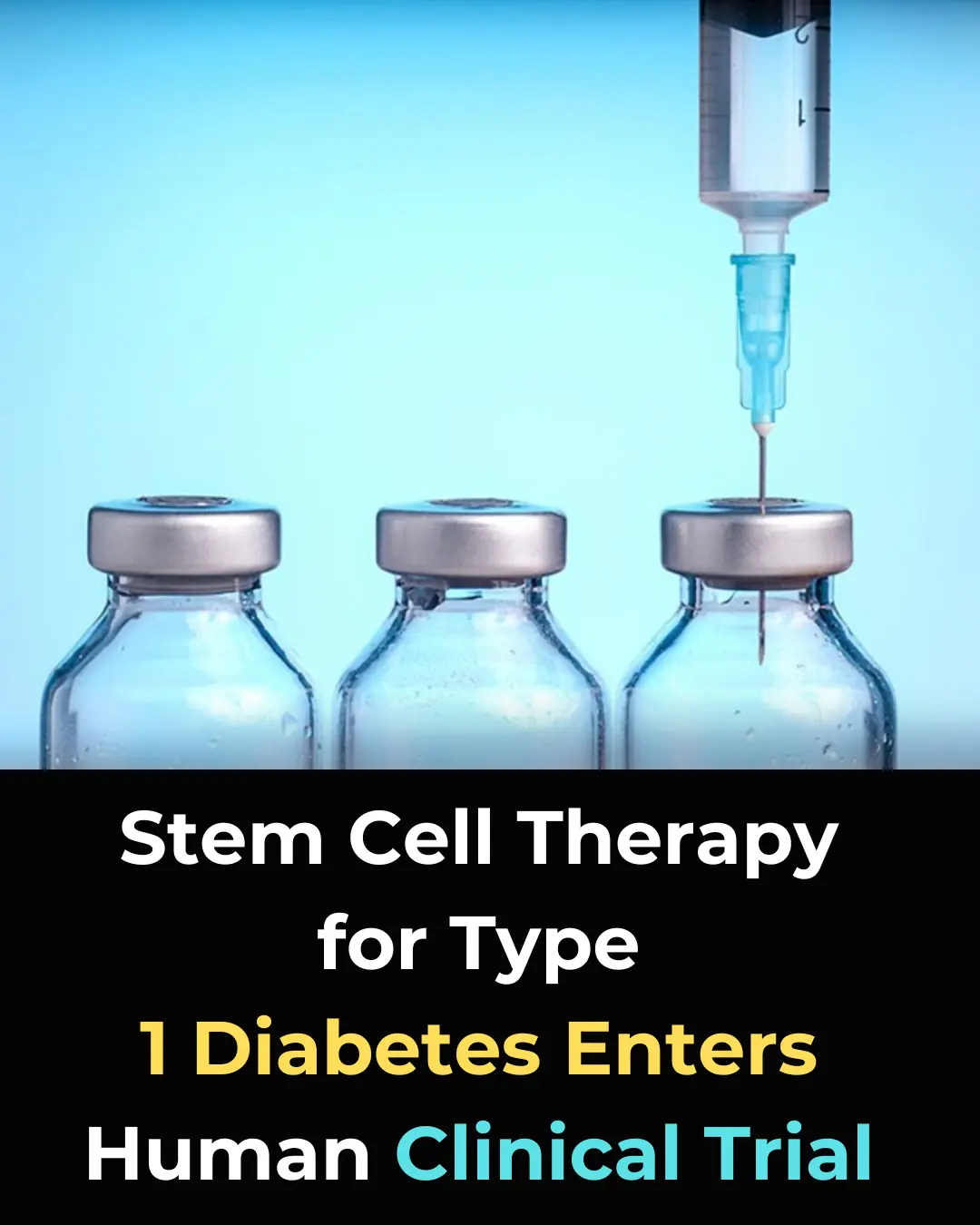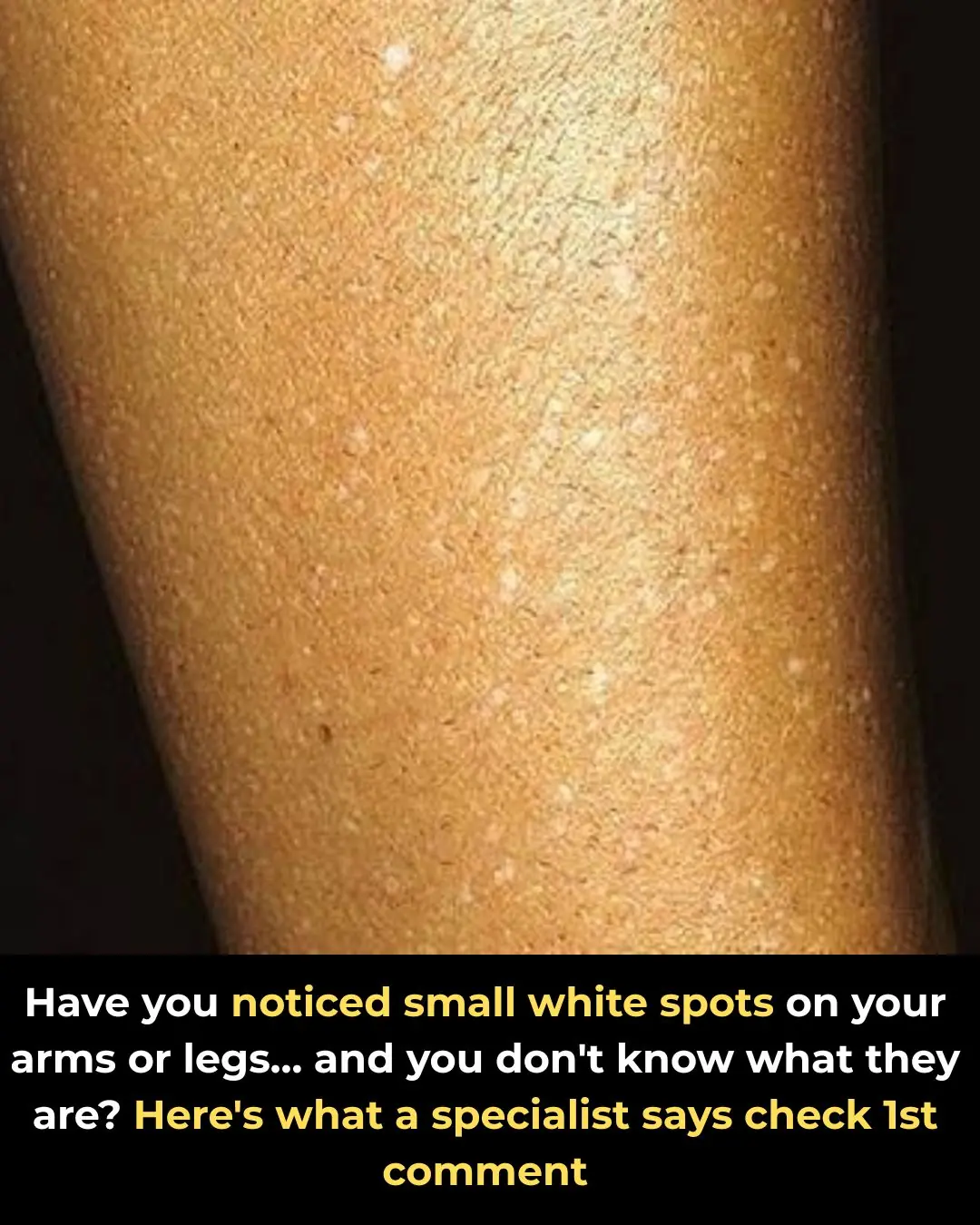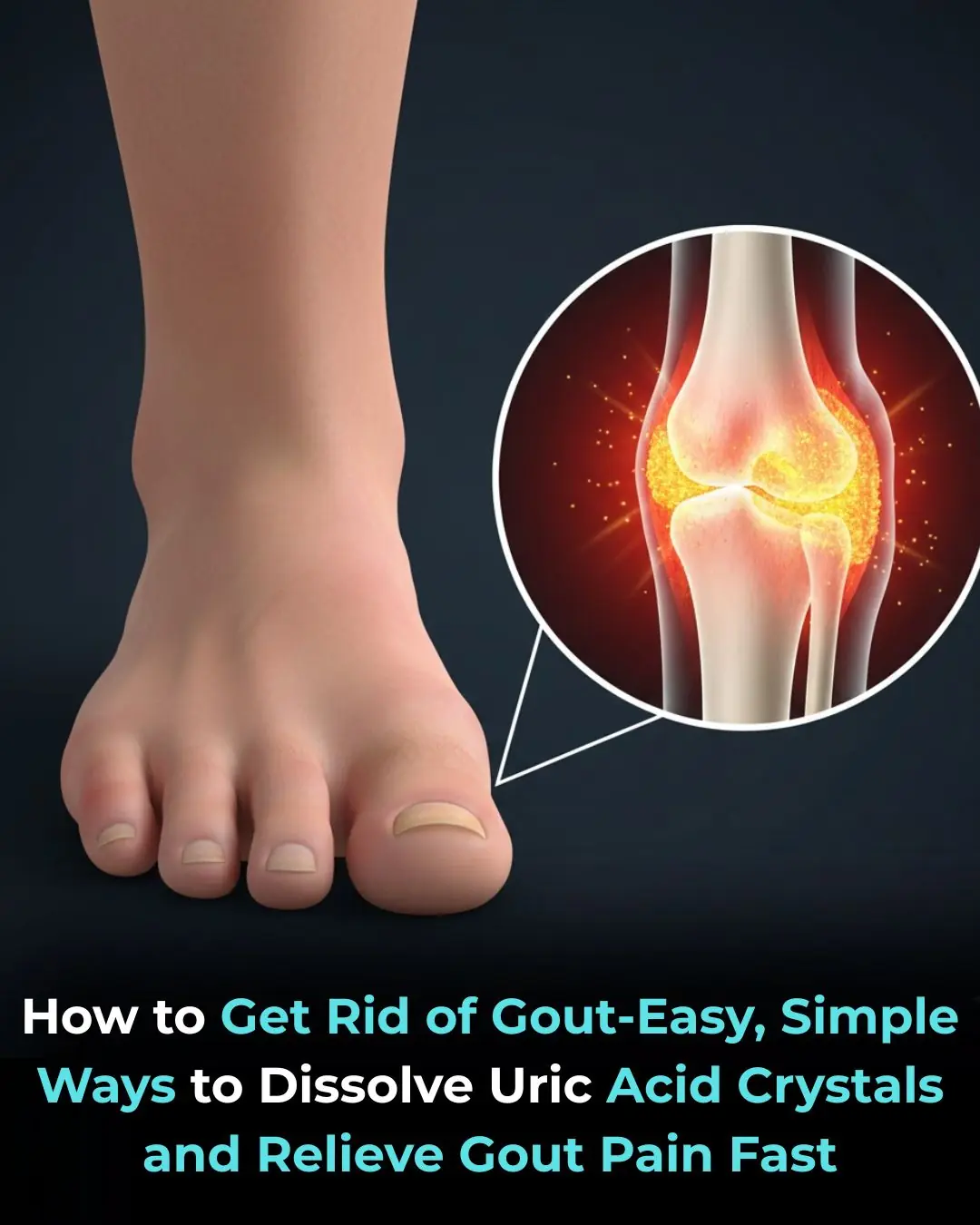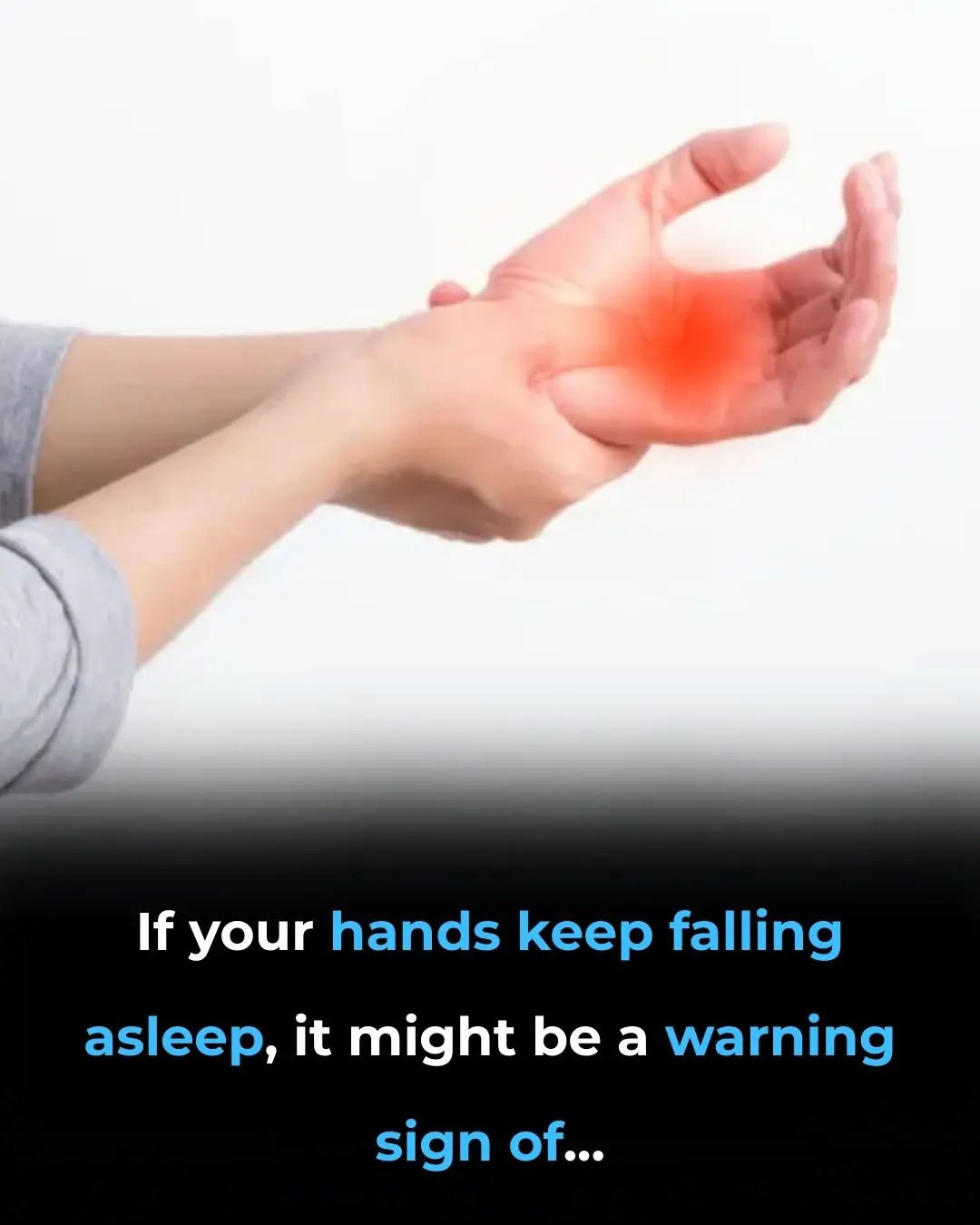
Scientists May Have Just Found a Breakthrough Hair-Loss Treatment

Scientists May Have Found a Breakthrough Treatment for Hair Loss
Researchers say a major scientific breakthrough could soon be formulated into a simple, everyday skincare product — and it may transform the future of hair restoration as we know it.
A team at National Taiwan University has developed what appears to be an exceptionally promising topical serum that restores hair growth in as little as 20 days. Early findings have sparked enthusiastic responses from experts, with some calling the discovery one of the most exciting developments in the field in decades.
Why This Discovery Matters
Hair loss is far from a minor cosmetic concern. More than 80 million Americans — including both men and women — struggle with some form of hair thinning. Men are especially affected: the most common type, androgenetic alopecia, can start in the 20s or 30s and steadily progress with age.
-
By age 35, about two-thirds of men notice visible thinning.
-
By age 50, that figure spikes to 85%.
While many people focus on the physical appearance of hair loss, the emotional and psychological effects can be even more significant. Studies consistently show that thinning hair can lead to anxiety, low self-esteem, and even social withdrawal.
Traditional treatments such as hair transplants do help some patients, but they are often expensive, invasive, and time-consuming. They may also cause side effects ranging from itching and bleeding to scarring or infection — making the possibility of a simple, non-surgical topical serum extremely attractive.
The idea that people could one day apply a cream instead of undergoing surgery is what’s generating so much attention in the scientific and medical communities.
The Science Behind the Serum
According to findings published in Cell Metabolism, the new serum works by stimulating fat cells beneath the skin, prompting them to activate dormant hair follicles. This reactivation sparks new growth even in areas where follicles had been inactive for long periods.
What makes this formula particularly compelling is its origin: it’s derived from natural monounsaturated fatty acids, not harsh synthetic chemicals. This means it could be far gentler on the skin and more suitable for long-term use than many current products, which often cause irritation.
Professor Sung–Jan Lin, who led the research, even tested the formula on himself. Speaking with New Scientist, he shared:
“I personally applied these fatty acids, dissolved in alcohol, on my thighs for three weeks and found it promoted hair regrowth.”
His personal experience further supports the laboratory findings — a rare and encouraging sign in early-stage research.
The Discovery: Turning Irritation into Regeneration
The research builds on a fascinating biological phenomenon known as hypertrichosis, where mild irritation or injury to the skin can unexpectedly trigger hair growth.
To investigate this process, the team applied a soft irritant — sodium dodecyl sulfate (SDS) — to shaved patches of mouse skin. Remarkably, within 10 days, new hair follicles began forming.
Patches that were left untreated showed no regrowth, proving that the irritation had directly activated follicle stem cells.
So what exactly is happening beneath the surface?
The mild irritant draws immune cells into the fat layer under the skin. These immune cells then release a specific set of fatty acids that “wake up” dormant follicles, kicking off the regrowth cycle. Essentially, the skin’s natural response to irritation is being redirected into a positive regenerative process.
A More Refined and Skin-Friendly Formula
Of course, daily irritation isn’t a practical or safe treatment strategy. So the researchers took the next step: refining their approach to eliminate the irritant while preserving the regrowth effect.
They created a serum that uses modified natural fatty acids instead of chemical irritants.
The outcome? The same striking regrowth results — but with dramatically fewer side effects. The improved safety profile means this serum could be suitable for everyday use, potentially even as an over-the-counter product one day.
In the world of dermatology, this shift from irritation to gentle bioactivation represents a major leap toward practical, user-friendly treatment options.
What Comes Next
The researchers will now move toward human trials, a crucial step in determining the serum’s safety, proper dosage, and real-world effectiveness.
If human testing reflects the success seen in laboratory studies, this could become one of the first truly effective topical treatments for hair loss — possibly even surpassing existing options like minoxidil or finasteride.
Developers hope that with further refinement, the serum could be:
-
easy to apply
-
affordable
-
non-invasive
-
usable without a prescription
A solution like that would be nothing short of revolutionary for millions experiencing hair loss.
As the study authors wrote:
“Our results demonstrate that topical monounsaturated fatty acids have considerable potential for treating hair loss conditions in the future.”
The Bottom Line
This breakthrough may pave the way for a safe, affordable, and non-surgical solution to hair loss — one that restores not only hair, but also confidence and quality of life.
And who knows? In a few years, the biggest trend in skincare might not be about brighter or smoother skin…
but about bringing hair back to life.
News in the same category


Meet Jonathan: The 192-Year-Old Tortoise Who Has Witnessed History and Continues to Inspire

Retired Couple in UK Successfully Nurtures 90-Million-Year-Old Wollemi Pine, Leading to Its First Reproduction Outside Australia

Stem Cell Therapy for Type 1 Diabetes Shows Promise in Human Clinical Trials

Have you noticed small white spots on your arms or legs… and you don't know what they are?

How Guyana Became the Only Nation Fully Self-Sufficient in All Seven Major Food Groups

Donald Trump's new scarf leaves everyone saying the same thing

Panama's Marine Collapse: The End of a Key Ocean Upwelling System and What It Means for the Future

Genetic Evidence Links Icelanders to Native Americans, Suggesting Viking Contact with the Americas

Vietnam Approves Russian-Made Cancer Immunotherapy ‘Pembroria’ for Multiple Cancer Types

Hayli Gubbi Volcano Erupts in Ethiopia for First Time in 12,000 Years

Mia Khalifa at Oxford: A Controversial Talk on Redemption, Reinvention, and Second Chances

Breaking Bob: How a 75-Year-Old Turned a Five-Minute Smoke Break into a Viral NYC Spectacle

The Night Google.com Was Accidentally Sold for $12: A Story of Integrity and Goodwill

After 12 Millennia of Silence, Ethiopia’s Hayli Gubbi Volcano Erupts Dramatically

When a Woman Bites Her Lip While Staring at You, It Means She Is ...

How Europe Says "Street": A Multilingual Journey Through Language and Culture

A New Dawn for Chronic Kidney Disease Treatment: From Management to Possible Remission

A Butterfly, A Flute, and Unshakable Composure: The Legendary Performance of Yukie Ota
News Post

3 flowers that make snakes tremble with fear — beautiful and safe to plant around your home

The Medicinal Powers of Turmeric That Doctors Rarely Mention

The Best Natural Gout Treatments: Remove Uric Acid Crystallization To Prevent Gout And Joint Pain

How to Tell If You Have Intestinal Parasites and What to Do About That

People Who Eat 3 Eggs Every Day Are Noticing This Crazy Difference

Why Your Hands or Arms Fall Asleep at Night and What To Do

Meet Jonathan: The 192-Year-Old Tortoise Who Has Witnessed History and Continues to Inspire

Retired Couple in UK Successfully Nurtures 90-Million-Year-Old Wollemi Pine, Leading to Its First Reproduction Outside Australia

Stem Cell Therapy for Type 1 Diabetes Shows Promise in Human Clinical Trials

Have you noticed small white spots on your arms or legs… and you don't know what they are?

How Guyana Became the Only Nation Fully Self-Sufficient in All Seven Major Food Groups

Donald Trump's new scarf leaves everyone saying the same thing

Panama's Marine Collapse: The End of a Key Ocean Upwelling System and What It Means for the Future

Genetic Evidence Links Icelanders to Native Americans, Suggesting Viking Contact with the Americas

Vietnam Approves Russian-Made Cancer Immunotherapy ‘Pembroria’ for Multiple Cancer Types

The Kid Who Was Surprised By Dad With Birthday Bat In Viral Video Hits Home Run With Bat And Dad Catches It

Delaware Post Office Renamed In Honor of Mary Ann Shadd Cary, First Black Woman Publisher

Hayli Gubbi Volcano Erupts in Ethiopia for First Time in 12,000 Years
